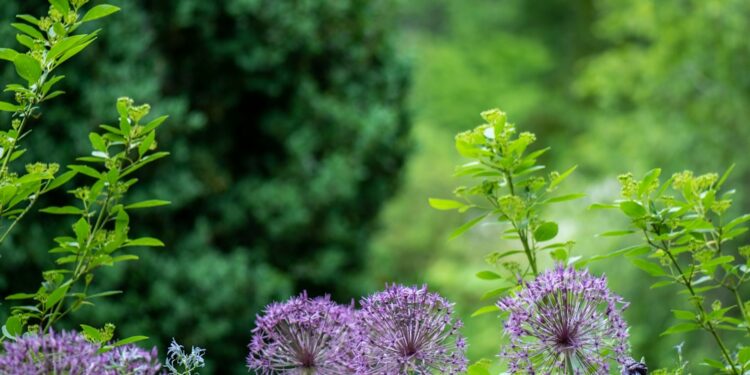In recent years, there has been a growing concern about the decline of pollinators around the world. Pollinators, such as bees, butterflies, birds, and other insects, play a crucial role in the ecosystem by helping plants reproduce. However, factors like habitat loss, pesticide use, and climate change have led to a decline in pollinator populations.
One way to help support pollinators is by planting a pollinator garden. These gardens are designed to attract and support pollinators by providing them with the nectar, pollen, and shelter they need to survive. Not only do pollinator gardens benefit these important creatures, but they also offer a range of other benefits to the environment and to us as well.
One of the most important benefits of planting a pollinator garden is the support it provides to pollinator populations. By planting a variety of nectar-rich flowers, you can help provide a consistent food source for bees, butterflies, and other pollinators throughout the year. This is especially important during the spring and summer when many pollinators are most active and in need of food to support their breeding and foraging activities.
In addition to providing food, pollinator gardens also offer crucial shelter and nesting sites for pollinators. Many species of bees, for example, build their nests in the ground or in hollow plant stems. By including a variety of plants with different structures and heights in your garden, you can provide diverse nesting opportunities for these important insects. This can help support the health and diversity of pollinator populations in your area.
Another benefit of planting a pollinator garden is the positive impact it can have on the environment. Pollinators play a key role in the reproductive process of many plants, including fruits, vegetables, and wildflowers. By attracting pollinators to your garden, you can help support the pollination of these plants, which can increase their yields and improve their overall health. This can be especially beneficial for farmers and gardeners looking to grow a successful crop or garden.
Furthermore, pollinator gardens can also help improve the biodiversity of your local ecosystem. By planting a diverse range of flowers and plants, you can attract a wide variety of pollinators to your garden. This can help increase the overall diversity of plant and animal species in your area, creating a more balanced and resilient ecosystem. This increased biodiversity can help support the health of the environment and provide a range of ecosystem services, such as soil fertility, pest control, and water purification.
Beyond the benefits to pollinators and the environment, planting a pollinator garden can also offer a range of benefits to you as a gardener. Pollinator gardens are often low-maintenance and require minimal resources to maintain. By choosing native plants that are well-suited to your local climate and soil conditions, you can create a garden that thrives with little intervention. This can help save you time and money on watering, fertilizing, and other garden maintenance tasks.
Pollinator gardens can also add beauty and color to your outdoor space. By choosing a variety of flowers with different colors, shapes, and scents, you can create a visually stunning garden that attracts pollinators and adds interest to your landscape. Pollinator gardens can also create a peaceful and relaxing environment for you to enjoy, providing a sanctuary for you to connect with nature and unwind from the stresses of daily life.
In conclusion, planting a pollinator garden offers a range of benefits to pollinators, the environment, and to you as a gardener. By providing food, shelter, and nesting opportunities for pollinators, you can help support their populations and increase the biodiversity of your local ecosystem. Pollinator gardens also offer a low-maintenance, cost-effective way to add beauty and color to your outdoor space, while creating a peaceful sanctuary for you to enjoy. If you’re looking to make a positive impact on the environment and support the health of pollinators, consider planting a pollinator garden in your own backyard. It’s a small step that can make a big difference for these important creatures and for the world around us.














